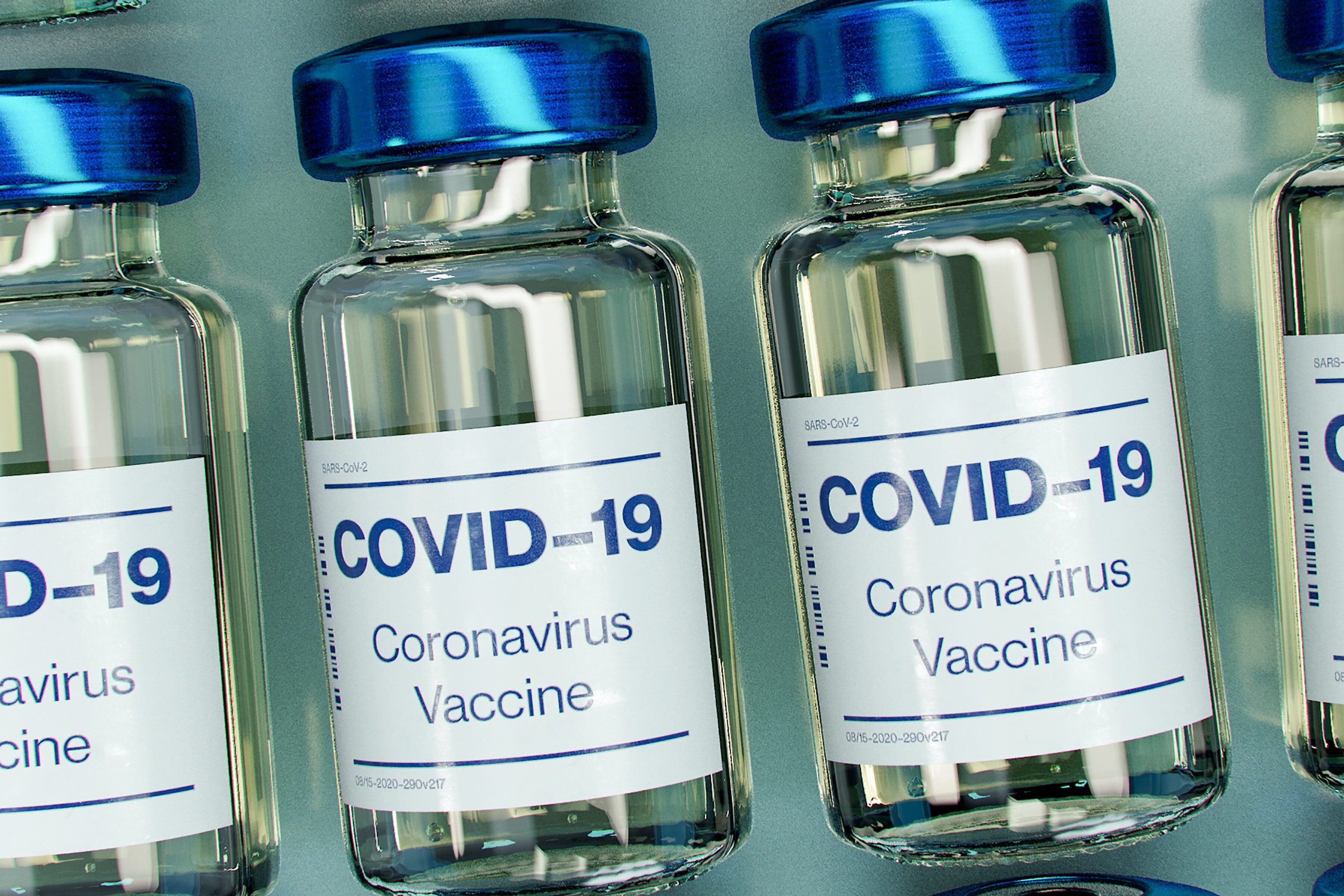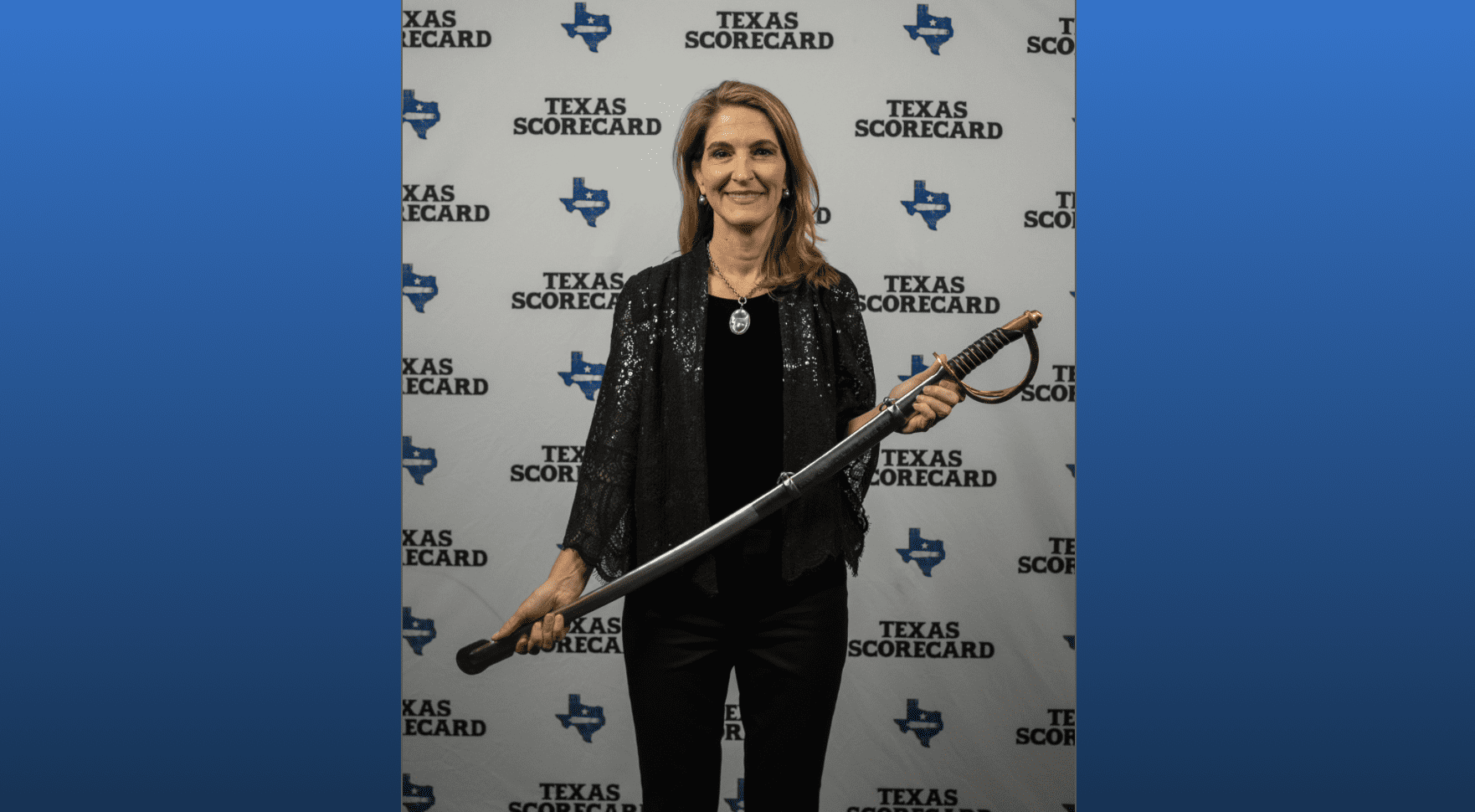A bipartisan group of senators has passed a measure that aims to protect individual rights from restrictions and mandates intended to prevent the spread of COVID-19.
Senate Bill 1024 by State Sen. Lois Kolkhorst (R-Brenham) was approved this week by an 18-12 vote, with State Sen. César Blanco (D-El Paso) joining Republicans in supporting the bill and State Sen. Robert Nichols (R-Jacksonville) siding with Democrats in opposing it.
The legislation pertains solely to restricted actions intended to prevent the spread of COVID-19, not any other communicable diseases.
When Kolkhorst introduced the bill, she noted that since the beginning of the COVID-19 pandemic, “many voters expressed weariness with the public health overreach,” and she described how the legislation would address some of the most common complaints. She added that the bill includes and expands on the provisions in Senate Bill 29 by State Sen. Brian Birdwell (R-Granbury), which prohibits state agencies and local governments from requiring individuals to wear a face mask, receive a vaccine, or keep their business closed to prevent the spread of COVID-19.
The legislation blocks K-12 schools and institutions of higher education, both public and private, from requiring students to receive a vaccine for COVID-19. It also bars the Department of State Health Services and the Health and Human Services Commission from revising the list of required childhood vaccinations without legislative approval.
Hospitals and medical clinics would not be allowed to deny service on the basis of a patient’s COVID-19 vaccination status, and any facility that violates this restriction would become ineligible to receive Medicaid funds.
An exception, however, is made for hospitals that require a COVID-19 vaccine to receive an organ transplant or treatment for cancer, a provision added at the behest of State Sen. Kelly Hancock (R-North Richland Hills), who received a kidneyfrom his son-in-law last year.
Although business and labor unions would not explicitly be prohibited from requiring employees or members to receive a COVID-19 vaccination, they would not be allowed to discriminate or retaliate against those who choose not to. However, they would be allowed to require such individuals to wear personal protective equipment like a face mask or gloves.
Despite the largely party-line vote, senators did not debate the bill when it came to the floor. During its committee hearing last month, though, over five dozen witnesses registered an opinion on the bill, including mRNA vaccine expert Dr. Robert Malone, Airline Employees For Health Freedom co-founder Laura Cox, Republican Party of Texas Chairman Matt Rinaldi, and several representatives of Texans for Vaccine Choice.
Although he helped develop the technology used in the most widely distributed COVID-19 vaccines, Malone has become an outspoken critic of lockdowns and the government-driven vaccination campaign. His testimony, however, focused on specific critiques of the bill, one of which was the observation that the vaccine injury reporting system appearing in an early draft of the measure would be exceptionally difficult and costly to implement.
That element of the bill was stripped from the version that passed the entire Senate.
In her remarks during the committee hearing, Kolkhorst explained the bill would codify several of the protections for individuals in Gov. Greg Abbott’s standing emergency executive order renewed monthly since the beginning of the COVID-19 pandemic. Abbott’s executive order required individuals to to wear a face mask in public spaces for several months in the first year of the pandemic, but he reversed course and has since prohibited government entities and public schools from enforcing a mask mandate.
Kolkhorst said her intent in authoring the bill is “protecting the freedoms that we as Americans—are constitutionally protected and that we love,” and she acknowledged that “some actions taken in the name of public health may have done harm, and sometimes maybe more harm than good.”
She specifically cited doubts about the efficacy and long-term effects of the experimental COVID-19 vaccine and shutting down schools for over a year in some cases, and she advised establishing “guardrails—but not too many guardrails—to make sure that we have a path forward” when we encounter the next public health crisis.
“One of the most important things that we do is restore the public’s trust in public health,” Kolkhorst argued, “and that could come in the form of addressing mandates and giving us some—again—guardrails that we know by which we’ll move forward, but then also still giving to public health the tools that they may need to mitigate anything that could be dangerous.”
Senate Bill 1024 must pass the House within the next month before it can go to the governor’s desk.
No ads. No paywalls. No government grants. No corporate masters.
Just real news for real Texans.
Support Texas Scorecard to keep it that way!





